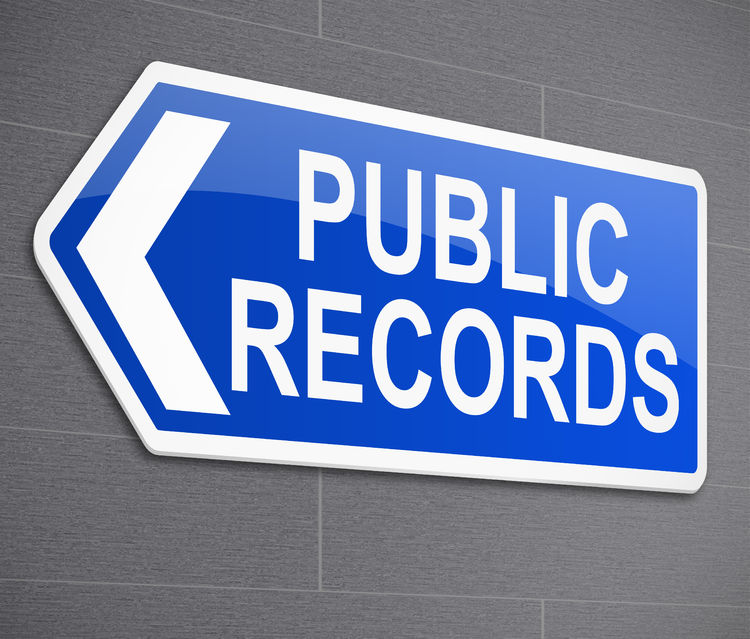Public records. They are available online and anyone can access them.
What is a public record?
A public record is any document that is made or received in connection with the public business of any state agency. They are created by the federal and local government. That means that voting information, government salaries, court documents, police records, criminal records, photographs, and yes, even email, may all be considered to be a public record.
Even media articles are public information. If a story is written about you in a newspaper, magazine, online department story, or even a social media profile, it’s public. Other examples of public records include, property tax accessor files, motor vehicle records, and business licenses. And in most cases all are unremovable. These sites are not obligated in any way to take down your information. So, whether you are looking for your own public records or records for a family member, it’s likely searchable on the web.
There are two ways public records are accessible online:
- Some agencies post information on their government websites, thereby making it freely available.
- Some government agencies and courts sell their public files to commercial data compilers and information brokers. They in turn make them available on a fee basis, either by means of the web or special networks.
What can be done to prevent making public records that contain personal information available online?
Unfortunately, not much. The public policy reasons for making public records available promote accountability. Limit what you post online and regularly search for yourself online to see what you can find. If you find your information listed, there are businesses that can assist you with online removal, but if they claim that they can remove “public records,” it’s not likely true.

